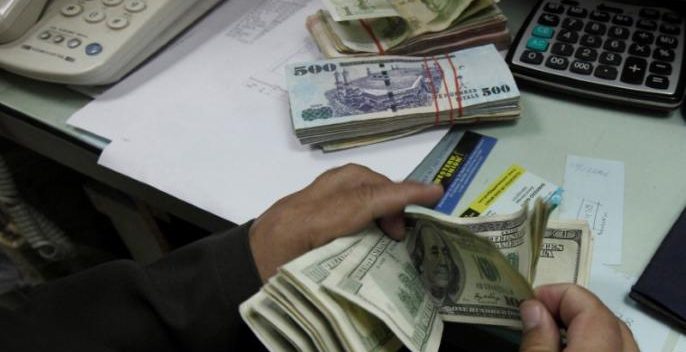All You Need To Know About Hawala Money Transfer
“Hawala” –one term that is going rounds through various headlines quite often these days. This money transfer scheme is closely related to big names like Madhu Koda, Naresh Jain, Hasan Ali Khan and several other “Hawala Kings”. People usually have this query in mind about what is hawala? How does it work? Why is this illegal?
What is Hawala?
The word “Hawala” translates into “trust”. This is an alternative scheme or parallel remittance system wherein all the working and transactions are carried out of the legal circle of banks and several financial systems. Hawala hails its background to the ancient times and the prevalent system of money transfer that had existed then. This form, to send money, started in South Asia and is currently in use across the globe. The Hawala system has mainly captured its roots in India and had started in the country much before the introduction of the system of the western banking methods.
Hawala is also sometimes referred to as “Underground Banking” due to its under-rated activities & transactions. Although this system is used across the globe for remitting the funds, it is not considered to be a legal system. The working of the hawala system is based on the functioning of several middle men referred to as the “hawaladars” or the hawala dealers. The reason for the immense popularity of the hawala system in spite of it being illegal is with respect to the inseparable element of trust and extreme use of regional or family affiliations.
How does Hawala Work?
The main principle of the working of the hawala system is based on the transfer of money without any actual movement of the same. In a typical hawala transaction, there is no involvement of the physical movement of cash. The system of hawala operates with the help of a dedicated network of operators known as the “hawaladars” or the hawala dealers. Any person who is willing to make the money transfer would contact a particular hawala dealer at some source location. The hawala dealer who is present at that end would collect the money from the person who has the desire to make the money transfer. The hawala dealer then calls upon his counterpart or some other hawala operator who is present at the particular destination or country where the transfer is to be made. The hawala dealer at the end of the money transfer destination hands over the cash to the intended recipient after taking his portion of the commission out of the same.
Why is Hawala Illegal?
The process of hawala money transfer has been made illegal in several countries of the world. This process is observed as a form of money laundering and is used for moving surplus wealth in an anonymous manner. As the hawala transactions are not routed through authorized banks or financial systems, these are not regulated by the agencies of the government. Thus, the hawala money transfer scheme has emerged to be the main cause of concern over possession and transfer of black money. The overall network of the hawala money transfer is used extensively throughout the globe for circulating black money. It has also been used for providing funds to drug trafficking, terrorism, and various other illegal activities. In India, organizations like PMLA (Prevention of Money Laundering Act), 2002 along with FEMA (Foreign Exchange Management Act) 2000 have made it illegal to practice and follow the hawala money transfer system.
In spite of the illegalization of the hawala system and its practices, several people & organization across the world continue to practice it to earn surplus profits and transfer their black wealth.
Ensure that you don’t fall prey to these illegal procedures. There are many trusted online portals that allow you to send money, (even overseas), with ease. Choose a reliable company, and stay away from troubles.





